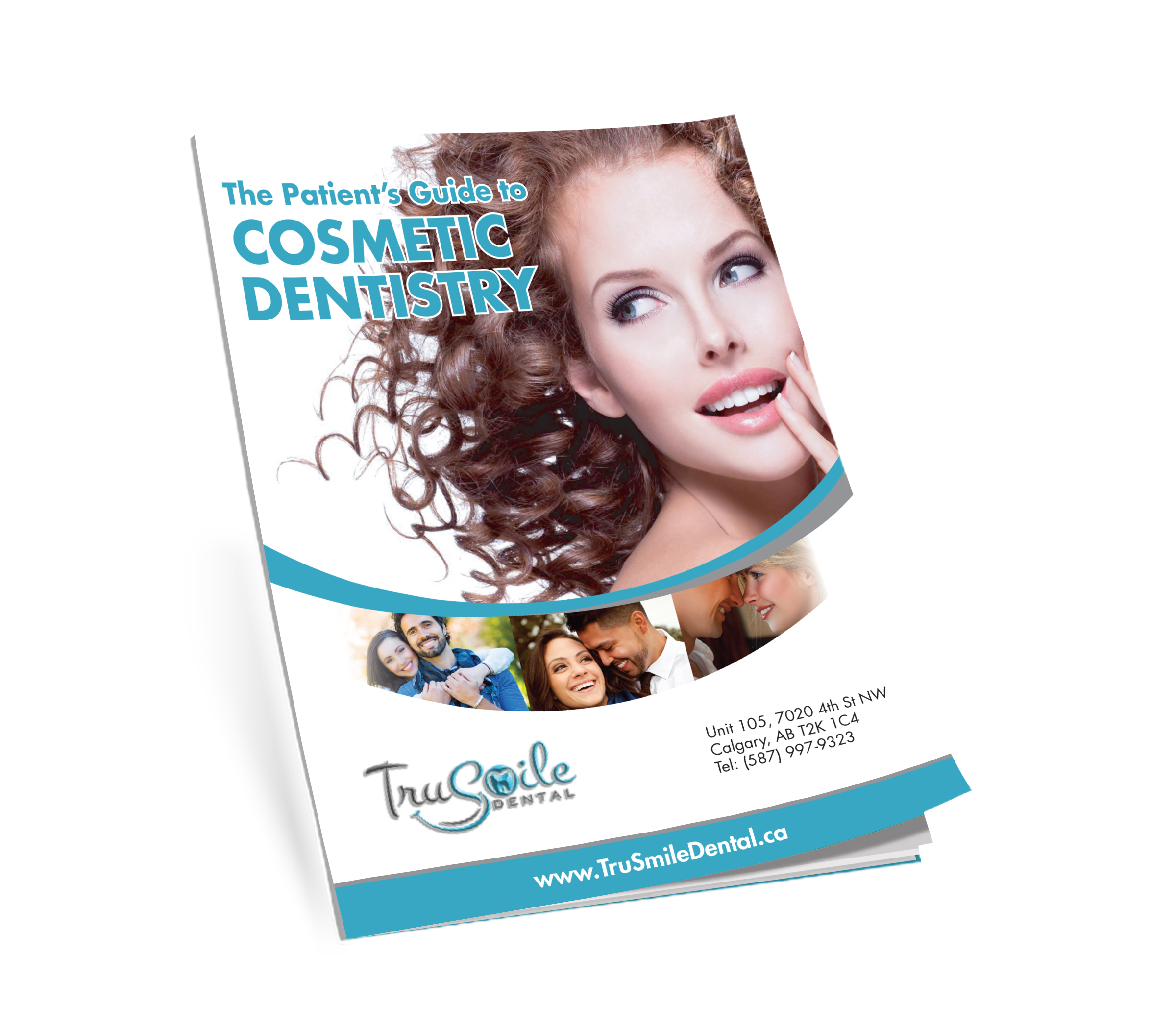Cavities: Causes, Signs & Prevention Tips
Calgary, AB
Dental cavities are holes that form in teeth due to dental decay. One of the symptoms they may cause is a toothache. If cavities are not addressed, they can deepen over time and cause additional problems. Maintaining proper oral hygiene is the most significant way to avoid them. The collection of dental plaque in the mouth causes tooth decay. This can harm the tooth structure in the long run. The damage may be irrevocable. As a result of this process, holes form on the tooth, known as cavities. Our dentists at Trusmile Dental will provide all the information on cavities in this blog.
What Causes Cavities?
The mouth is home to various germs, some of which can be hazardous. Over the tops of the teeth, they form a thin, white coating. Plaque is the name for this type of coating or layer. Plaque is a substance that can build up over time. Enamel is the tooth’s protective coating on the outside. This may occur if a person consumes sugar and starch-rich foods regularly. Exposure to plaque acid regularly can destroy tooth enamel. Tooth decay depletes the minerals in the enamel. While the enamel can repair some damage, long-term degeneration might result in dental cavities. This occurs when the enamel is permanently damaged, resulting in holes on the tooth’s surface.
What Are The Symptoms Of Cavities?
Cavities in the teeth can form without causing any additional signs or symptoms. The most typical indicator of a dental cavity is a hole, which can vary in size. Other signs and symptoms that may arise in certain situations include:
- Spots that are white, grey, brown, or black appear on the teeth. Toothache
- Teeth sensitivity is a condition in which a person’s teeth are susceptible.
- Bad breath or halitosis
- If bacteria is not treated, it can spread to softer tissues inside the tooth. This can increase tooth decay and make toothaches worse. Infections are a possibility as a result of this.
Tips To Prevent Cavities
Dental cavities, like other common dental disorders, can be avoided by taking a few precautions. Our leading dentists in Calgary have offered the following tips:
- Using toothpaste and mouthwashes that contain fluoride
- Brush your teeth twice a day in a circular motion.
- Brushing your gums should be done gently.
- Flossing or using interdental cleaners to clean the space between your teeth
- Avoid high-sugar foods and beverages, such as carbonated beverages, which have no nutritional value.
- Limiting the number of starchy foods consumed
- Snacking between meals or right before bedtime should be avoided.
- You are strongly advised not to smoke or use tobacco products.
- Consumption of alcoholic beverages should be limited.
- Visit our Calgary dentist regularly.
Tooth decay can be reversed in its early stages as well. Tooth enamel can repair slight damage on its own by replenishing lost minerals from saliva or fluoride. Fluoride is a mineral that can stop tooth decay in its tracks. A dentist may recommend fluoride gel or other fluoride preparations to cover the teeth. Fluoride treatments can help protect teeth from plaque degradation and enhance enamel. These fluoride treatments and dietary changes can assist the teeth in repairing any minor damage caused by tooth decay. Caregivers should frequently check for early tooth decay because tooth cavities are more common in children. This involves looking for white, grey, brown, or black markings on the teeth. These are signs and symptoms of dental decay.
Conclusion
We hope you’ve better understood dental cavities due to this blog. Give us a call right now! Prevent such issues and ensure the health of your teeth and gums. If you have any additional questions, please contact Trusmile Dental. We provide the best dental care procedures in Calgary, AB.
Related Articles
New Patients Are Welcome!










